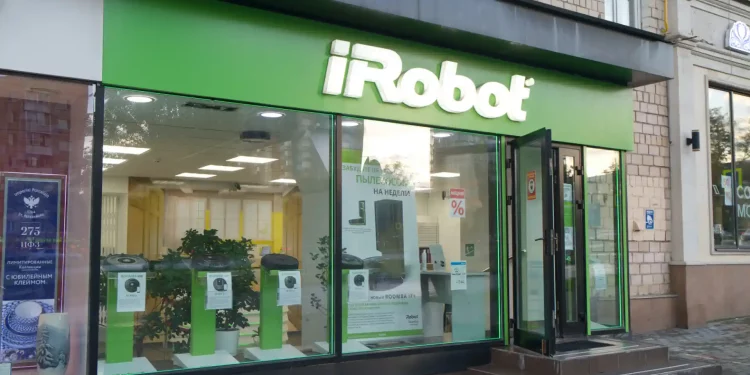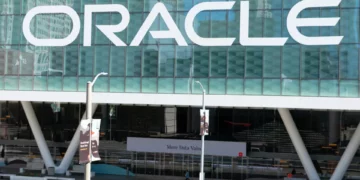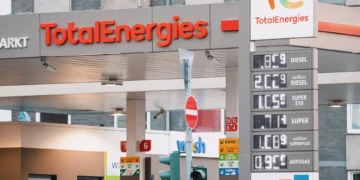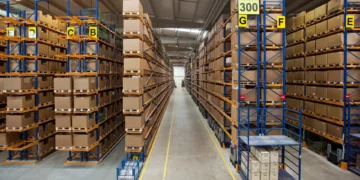The collapse of the Amazon and iRobot deal showcases the challenges that tech giants face when navigating international regulatory landscapes.
Amazon has decided to abandon its planned acquisition of iRobot, the renowned robot vacuum cleaner company, for $1.4 billion. The withdrawal comes amidst the backdrop of strong opposition from the European Union, leading to a failed deal that has implications for both companies.
The Wall Street Journal had previously reported that the European Union’s executive personnel were preparing to block the acquisition, citing concerns about potential anti-competitive practices in the robot vacuum cleaning industry. The European Commission officially these concerns in November, emphasizing that the deal could restrict competition and negatively impact rival vacuum cleaner visibility on Amazon’s retail platform.
As a consequence of the failed acquisition, Amazon will pay a substantial amount of $94 million break fee to iRobot. In response to the setback, iRobot swiftly announced plans to cut 31% of its workforce, translating to the departure of 350 employees, along with the exit of its chief executive. The joint statement from Amazon and iRobot asserted that the deal had “no path to regulatory approval in the European Union, preventing Amazon and iRobot from moving forward together.”
Amazon’s General Counsel, David Zapolsky, expressed frustration with what he deemed “undue and disproportionate regulatory hurdles.” He argued that such obstacles discourage entrepreneurs, emphasizing that acquisition should be a viable path to success. Zapolsky’s remarks touched on the potential adverse effects on consumers and competition, the very aspects regulators aim to protect.
The UK competition regulator had previously cleared the takeover in June of the preceding year. However, the deal was also under scrutiny by the Federal Trade Commission (FTC), the US competition watchdog, which had launched a sweeping lawsuit against Amazon. The FTC’s concerns aligned with those of the European Commission, hinting at potential patterns in Amazon’s business practices.
The abandonment of the deal raised eyebrows, particularly considering the historical ability of big tech groups to resolve EU concerns about takeovers. Anne Witt, a professor of antitrust law at EDHEC Business School, highlighted this as a “fascinating development.” She drew parallels between the EU’s doubts about the deal and concerns outlined in the FTC’s broader September lawsuit against Amazon. The lawsuit alleged that the tech giant prioritizes its own products over those of competitors.
Verity Egerton-Doyle, a partner at UK law firm Linklaters, shed light on Amazon’s refusal to offer concessions in response to the commission’s statement of objections, calling it the “inevitable outcome.” The failure to address the concerns raised by the European Commission ultimately led to the collapse of the deal.
The Open Markets Institute, known for researching the impact of corporate monopolies, applauded the European Commission for standing up to Amazon. Max von Thun, the OMI’s Europe director, emphasized that the news was about more than just robot vacuums; it was about addressing the growing power of a few tech giants in people’s increasingly digital lives.
Colin Angle, the founder of iRobot who stepped down as chair and chief executive after the deal’s termination, expressed disappointment. Despite the setback, Angle asserted that iRobot would focus on the future, committing to continue building thoughtful robots and intelligent home innovations that enhance the lives of customers globally.
The collapse of the Amazon-iRobot deal showcases the challenges that tech giants face when navigating international regulatory landscapes. The European Union’s staunch stance reflects broader concerns about the impact of corporate monopolies on competition and consumer choice. As the digital landscape evolves, the scrutiny of major acquisitions by regulatory bodies becomes increasingly crucial in maintaining a healthy marketplace for innovation and fair competition.

















